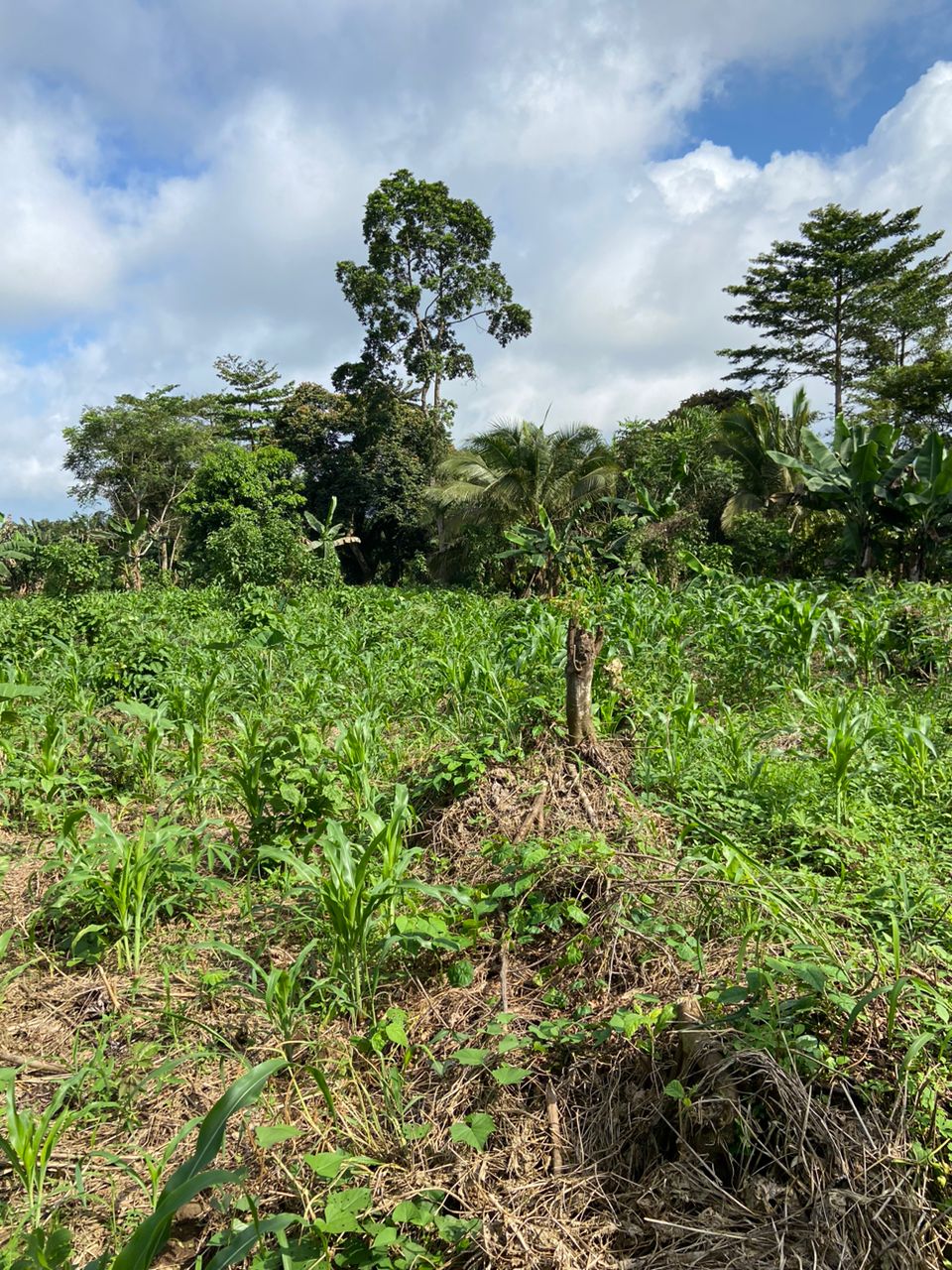Stepping into land ownership can be both exciting and daunting. Avoid these common pitfalls to make the most of your new property.

Overlooking Zoning Laws and Regulations
One of the most common mistakes new landowners make is overlooking zoning laws and regulations. These laws dictate how the land can be used and what types of structures can be built. Ignoring these laws can result in costly fines and legal issues.
Before purchasing any land, it’s crucial to understand the zoning regulations and ensure that your intended use of the property is permissible. Consulting with local authorities or a real estate attorney can help you navigate these complexities.
Neglecting Soil Testing and Land Surveys
Neglecting to conduct soil testing and land surveys can lead to significant problems down the line. Soil testing is essential to determine the land’s suitability for construction, agriculture, or other uses. Poor soil quality can result in foundation issues or poor crop yields.
Land surveys are equally important as they provide precise boundaries and help avoid disputes with neighbors. Always hire qualified professionals to perform these tests to ensure accurate and reliable results.
Ignoring Environmental Impact and Sustainability
Ignoring the environmental impact and sustainability of your land usage can have long-term negative consequences. It’s essential to consider how your activities will affect the local ecosystem, water sources, and wildlife.
Sustainable practices not only benefit the environment but can also improve the value and usability of your land. Consider adopting eco-friendly practices such as rainwater harvesting, renewable energy sources, and organic farming.
Underestimating Maintenance and Upkeep Costs
Another common mistake is underestimating the ongoing maintenance and upkeep costs associated with land ownership. Whether it’s landscaping, pest control, or infrastructure maintenance, these costs can add up quickly.
Create a detailed budget that includes all potential expenses to avoid financial surprises. Regular maintenance not only preserves the value of your property but also ensures it remains safe and functional.
Failing to Plan for Future Development
Failing to plan for future development can limit the potential of your land investment. Whether you intend to build, farm, or sell the land, having a long-term plan is crucial.
Consider the future needs and possibilities for your property. Engage with urban planners or real estate experts to create a comprehensive development plan that aligns with your goals.



